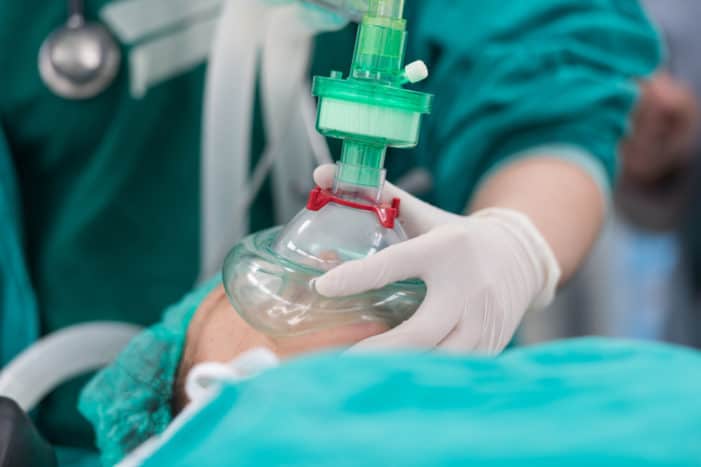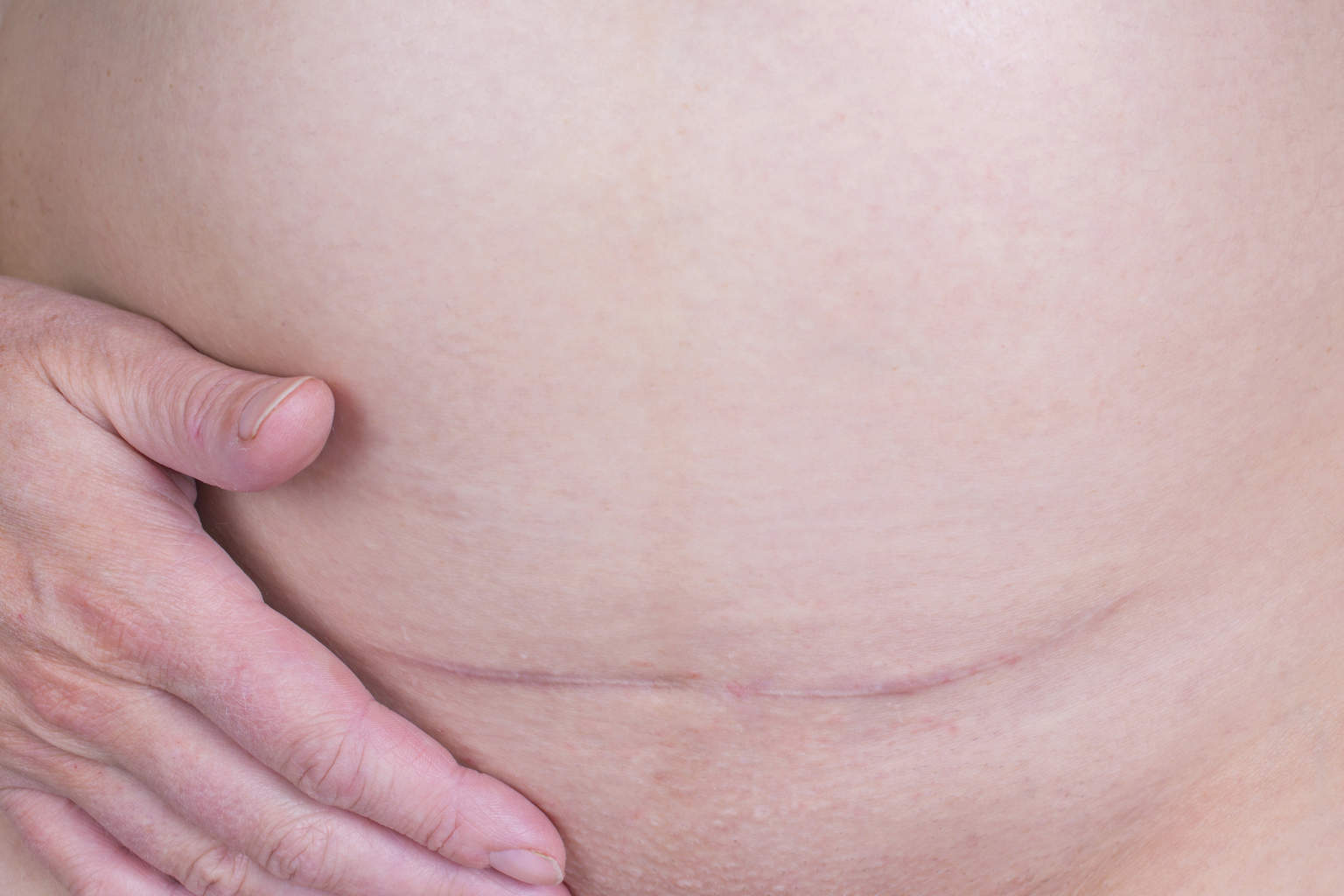Contents:
- Medical Video: Pregnant Women Eat Watermelon, This Can Happened to Your Baby
- Types of anesthesia
- 1. Local anesthesia
- 2. Total anesthesia
- Is it sedated while pregnant safely?
- Risk of being sedated while pregnant
- 1. Low birth weight baby
- 2. Death
- 3. Decreased blood flow to the uterus
- 4. Increased levels of toxins in the body
- So which is safer, general or local anesthesia?
Medical Video: Pregnant Women Eat Watermelon, This Can Happened to Your Baby
During pregnancy, it is not impossible that you have to undergo a medical procedure that requires both local and total anesthesia. For example, when you have to pull teeth. However, surely you are worried whether being sedated during pregnancy has an adverse effect on the womb or not. Because, whatever you do to the body can have a certain effect on the fetus. Therefore, look carefully at the explanation below, yes.
Types of anesthesia
1. Local anesthesia
Local anesthesia, also known as local anesthesia, is a procedure for using drugs to make some parts of the body become numb. Usually, this anesthesia is given to perform several small procedures such as a biopsy (sampling) the skin and also extracting the teeth.
In local anesthesia, the drug works by preventing nerves in the related area from sending pain signals to the brain. So that during the procedure you do not feel pain even though you are conscious. Usually the doctor will also give sedatives to keep you feeling relaxed.
2. Total anesthesia
Total anesthesia is a procedure that is performed to make you unconscious. Usually this method is used in large operations that require surgery for certain body parts. With general anesthesia, the brain cannot respond to pain signals so you do not feel anything at all during the surgical procedure.
Is it sedated while pregnant safely?
During pregnancy, the mother and baby are connected via the umbilical cord. The umbilical cord provides nutrition to babies in the womb. So, whatever you consume can have an impact on the fetus, including drugs. Anesthetic allows entry into the fetus through the blood. This is what is feared can have a negative impact on the fetus that you conceive. Although both local and total anesthesia are done to turn off the sender nerve pain signals, but the effect on the body is quite different because of the different coverage.
Deborah Weatherspoon, Ph.D., RN, CRNA, a member of the Core Faculty School of the Nursing Graduate Program at Walden University stated that in certain cases, safe or not the anesthesia procedure depends on several factors, namely:
- The type of anesthesia used
- How much is needed
- Gestational age
A study by the American Journal of Public Health reveals that being sedated while can cause many complications and even harm your baby, especially during first trimester. Mothers who receive anesthesia at early pregnancy can give birth to babies with central nervous system defects.
In addition, babies are also at risk of developing congenital cataracts and other defects such as hydrocephalus. Therefore, if an anesthetic procedure is needed it will usually wait until the pregnancy enters the second trimester.
Risk of being sedated while pregnant
During the first trimester or until the 13th week of pregnancy, the baby's organs and limbs are in the process of being formed. If you do a procedure that requires anesthesia at the beginning of pregnancy, this can disrupt the normal development of the fetus.
Anesthetic that enters the fetus can cause birth defects. Therefore, delaying the procedure until the second trimester or birth can be a wise choice if the procedure is not too urgent. However, if the procedure that requires this anesthesia is quite important and is related to your health and content, then talk to your doctor about the level of safety, risk, time and type of anesthesia used.
The following are some of the risks that can occur in the use of drugs during pregnancy.
1. Low birth weight baby
Quoted from Mom Junction, a study conducted on children concluded that babies born to mothers who perform local anesthesia procedures experience low birth weight. All medical matters relating to teeth are one of the most common factors in the use of local anesthesia during pregnancy.
2. Death
Pregnant women who carry out general anesthesia procedures have twice the risk of experiencing death. Most of this happens because the mother has difficulty regulating the airway. When you are under general anesthesia, you are unconscious and this can increase the risk of difficulty breathing in pregnant women.
3. Decreased blood flow to the uterus
Babies need food and oxygen from the mother through blood. However, being sedated during pregnancy can reduce blood flow to the uterus which is very risky to the baby. In fact, babies need adequate blood flow to be able to maximize their development.
In addition, this can also lead to neonatal depression or very low respiratory rates in newborns. This can increase the risk of pneumonia (respiratory infection) in serious infants.
4. Increased levels of toxins in the body
Anesthetic can increase the level of toxins in the mother's body. Toxins that are mixed with blood besides harming the fetus can also cause various complications for the mother. Complications that occur in important organs during pregnancy can threaten the life of the mother.
So which is safer, general or local anesthesia?
Basically, both local and total anesthesia are safe if not done by pregnant women. However, being sedated during pregnancy, especially for general anesthesia, results in a greater risk because it can affect all nerves throughout the body. Whereas local anesthesia only kills nerves in the part of the body that will be taken action.
Therefore, doctors usually avoid general anesthesia procedures during pregnancy, especially in the early weeks of pregnancy. Deborah Weatherspoon stated that so far local anesthesia is safe to use during pregnancy but is still at risk for the fetus.
















